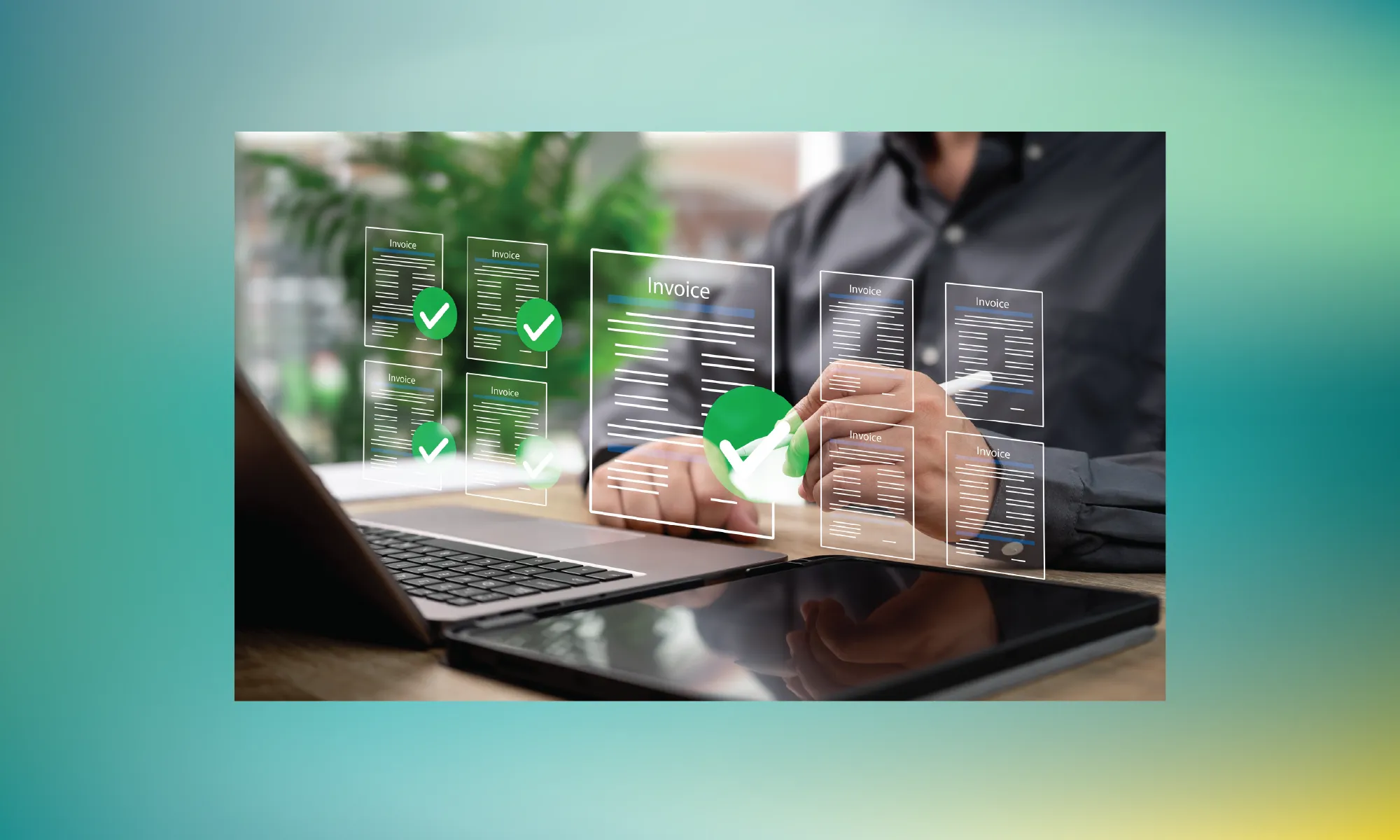Sales tax laws in the United States can be complex and challenging to navigate, particularly when determining the taxability of products and services.
The distinction between tangible personal property (TPP) and services is critical in determining the taxability of items subject to sales tax. TPP is generally subject to sales tax, whereas services are often not.
The rise of digital products (not easily classified as TPP or services) and a shift towards a service-based economy has created a sea change in state rules on taxability. This has made determining the taxability of many products and services increasingly complex.
This article will explore the challenges related to the taxability of tangible personal property and services in the US.
I. Taxability of tangible personal property (TPP)
The distinction between tangible personal property and services is essential in US sales tax. TPP in sales tax is somewhat comparable to "goods" in Value Added Tax. It is usually viewed as personal property that can be seen, touched, or measured or is in some way perceptible to the senses.
With a few exceptions, state tax laws typically follow a relatively uniform approach: sales of TPP are subject to sales tax unless specifically exempted, and services are not subject to sales tax unless explicitly included in its scope. This approach has its roots in the original sales tax laws drafted during the great depression when the service economy was much smaller than it is today.
As sales tax is primarily levied on TPP, states often interpret the definition of TPP in the broadest possible terms. For example, some states consider " telecommunication " as tangible personal property, even though most people would not consider this tangible in the strict sense of the word. This issue has become even more present with the rise of digital technologies, which can blur the line between tangible and intangible.
Digital products
The taxability of digital products under US sales tax laws is a complex and constantly evolving issue. Since digital products were not prevalent when most US sales tax frameworks were established, they do not always fit neatly into traditional sales tax definitions. As a result, determining the taxability of digital products can be challenging, and the rules and regulations vary from state to state (even though states involved in the Streamlined Sales Tax Project are trying to use uniform definitions).
In many states, digital products are considered TPP and are treated similarly to physical goods. This is despite digital products such as music or video downloads are not what we commonly consider tangible at first glance. However, the definition of tangible personal property in many states is broad enough and includes products that are "perceptible to the senses."
In contrast, other states classify digital products as services, and their taxability may depend on which services the state has elected to tax. This adds another layer of complexity to the issue, as the taxability of services varies by state.
To know how digital products are treated in each state from a sales tax perspective, look at our Guide to the Taxability of Digital Products in the US.
Computer software
The taxability of computer software in the US varies by state. Some states consider only the software delivered by a tangible medium, such as a pen drive, as tangible personal property subject to sales tax. In contrast, some states consider electronically delivered software as taxable TPP, regardless of whether it is delivered electronically or by a tangible medium.
Moreover, certain states distinguish between prewritten and custom software. Prewritten software is off-the-shelf software not designed and developed for a specific customer and is usually taxable as TPP. On the other hand, custom software is tailor-made to the customer’s needs and is often seen as a non-taxable service.
If you are curious which states require charging sales tax on electronically delivered computer software, you can find out more in our Guide to the Taxability of Computer Software Delivered Electronically in the US.
II. Taxability of Services
The economy's shift towards services has been a long-standing trend in recent decades.
While many states have expanded their tax base to include some services in addition to tangible personal property, other states still need to take this step.
Therefore, the taxation of services varies significantly among states. For example, New Mexico broadly taxes all services unless exempt, while California and Nevada tax only a few services. State legislatures often consider expanding the tax base to include selected services. As a recent example, Kentucky expanded the sales and use tax base to include a number of new services effective January 1, 2023.
States are also trying to tax various services by broadly interpreting existing provisions. For instance, some state tax authorities have broadly interpreted their definition of tangible personal property, which often includes products that are "perceptible to the senses," by including products like music downloads and streaming services in the scope. Other states have attempted to tax services by classifying them as taxable data processing services, such as cloud storage and web hosting services.
The taxability of Software as a Service (SaaS) is another example of how states try to tax services that emerged in the last few decades with the rise of new technologies. SaaS is a cloud-based software delivery model where software applications are hosted by a third-party provider and remotely accessed over the Internet by customers. Some states view SaaS as tangible personal property subject to sales tax, while others consider it a non-taxable service because there is no transfer of tangible personal property. See how the treatment of SaaS varies state-by-state in our Sales Tax Guide on SaaS.
How can Fonoa help with sales and use tax?
Given the complexity of state sales tax laws, businesses should stay informed and up-to-date on changes to state laws. Fonoa's global tax engine can assist businesses by determining taxability based on the rules and regulations of each US state and calculating the correct amount of sales tax to be collected and remitted. By using Fonoa's tax engine, businesses can ensure that they comply with state sales tax laws and avoid penalties for non-compliance. Get in touch to discover how we can help you meet the challenges and take the complexity out of tax.
















